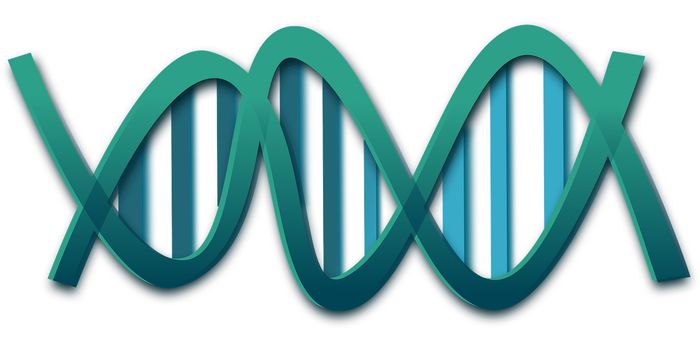Can Autism be Diagnosed from Blood Tests?
Diagnosing Autism Spectrum Disorder (ASD) early on in life through behavioral signs alone has been difficult. This comes as typical markers for the condition are often not reliable in young children. But this may soon change. Researchers at the University of California San Diego School of Medicine have found a way to diagnose autism early on via blood tests.
In their study, they analyzed gene expression within the blood of 302 boys aged one to four, both with and without autism. Combining the data collected from each child’s blood sample with neurons models, they discovered an important gene network used to regulate white blood cells that goes disrupted in cases of autism spectrum disorders (Gazestani: 2019).
Containing key signaling pathways for fetal brain development, the researchers found that the main cause of autism is therefore likely due to prenatal brain development being affected by a faulty version of this gene network. They also found that the worse the regulation of this network, the more severe the ASD symptoms experienced later on.
According to co-senior author of the study, Eric Courchesne: “Increasingly, evidence indicates that ASD is a progressive disorder that, at prenatal and early postnatal stages, involves a cascade of molecular and cellular changes, such as those resulting from dysregulation of signaling pathways and network (University of California- San Diego: 2019).”
First author of the study, Vahid H. Gazestani, added, “Our evidence suggests that abnormal signals from known ASD risk genes may be channeled through this important gene network, and that, in turn, sends signals that alter fetal and postnatal brain formation and wiring patterns (ibid.)."
As their data is consistent with previous studies demonstrating the diagnostic and prognostic abilities of blood gene expression for ASD, the researchers are optimistic that their findings can aid the development of new diagnostic tools to catch autism early on. In being able to do so, they hope that physicians will be able to expedite ASD treatment for young patients and thus restrict its severity and improve its prognosis (Anderton: 2019).
Despite their optimism, however, they admit that more extensive studies are needed to confirm their findings before any diagnostic tools may be developed. Furthermore, as no females were included in their study, they recognize that their inclusion in further research is important to gain a fuller understanding of its diagnostics across the population.
Sources
Gazestani, Vahid H. et al: Nature Neuroscience
University of California- San Diego: Eureka Alert
Anderton, Kate: News Medical









